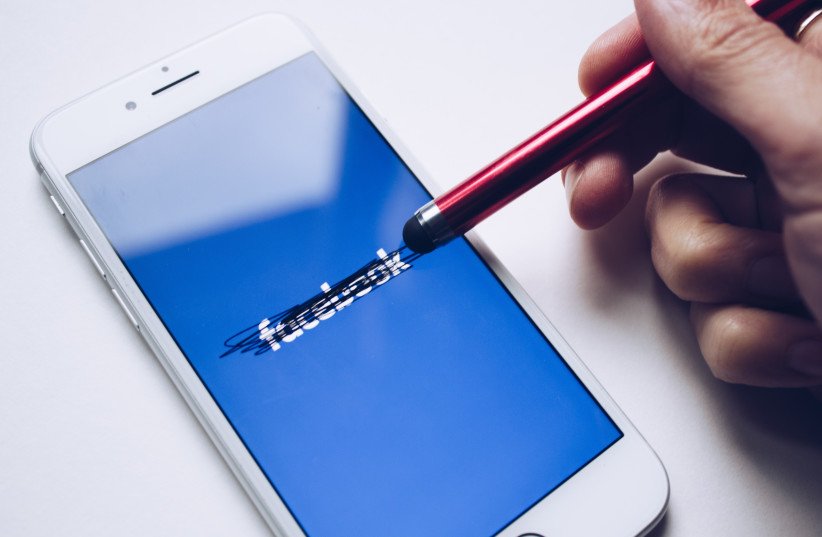Arguments in a case alleging that social media companies have been abetting terrorist organizations by allowing them to use their platforms were set to be heard before the US Supreme Court on Wednesday.
Twitter v. Taamneh challenges that Facebook, Twitter and Youtube knew that Islamic State terrorists were using their platforms and avoided removing their content. The complaint claimed that tens of thousands of IS or related accounts were viewed tens of thousands of times a day in some instances.
An amicus brief submitted by retired US generals detailed how the Islamic State used social media to recruit and expand its influence through online propaganda. Hundreds of victims of terrorism also joined briefs in support of the case against the social media platforms.
The case
The action itself was initiated by American relatives of a victim of terrorism. Jordanian citizen Nawra Alassaf was killed in the 2017 Reina nightclub shooting in Istanbul, Turkey. An IS terrorist had shot into a crowd, shooting 120 rounds, killing 39, and injuring 69.
The social media defendants argued that they had prohibited terrorist content, and regularly removed IS content that they had known about. Islamic State acolytes had abused their routine services. They could not be seen as abetting a criminal act that they had no knowledge of or didn't actively assist.
"Social media companies should be held to the same standards as every other company -- to act reasonably and responsibly," said Taamneh legal team attorney Keith Altman. "We hope the Court will agree."
The case is the companion to the Google v Gonzalez case that the court had heard arguments for on Tuesday. The petitioners alleged that Youtube was liable for the algorithmic promotion of terrorist content, which it had monetized.
The Gonzalez case could fundamentally change the Internet since it challenges Section 230, which thus far has been interpreted by lower courts as giving broad immunity to websites for the content shared by their users.

